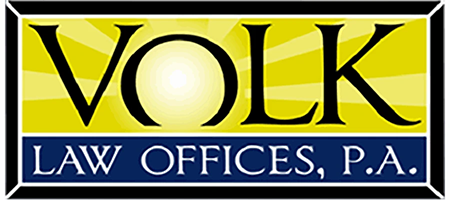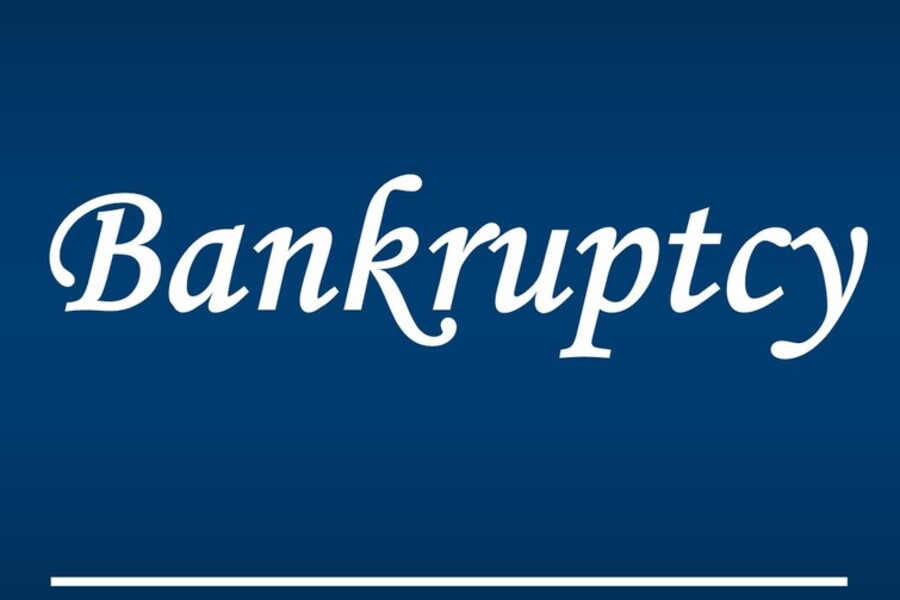About Bankruptcy In The Melbourne Palm Bay, Florida Area-The Court's Perspective
The following is information from the the United States Bankruptcy Court for the Middle District of Florida
United States bankruptcy judges are appointed by a majority of judges of the United States Court of Appeals and serve fourteen-year terms. The bankruptcy judges for the Middle District of Florida are appointed by the Eleventh Circuit Court of Appeals. Congress determines the number of bankruptcy judges needed to serve in the court system. As of December 2007, eight bankruptcy judges preside in the Middle District of Florida.
Eventually, in response to serious economic upheavals events such as recessions and war, the United States enacted federal bankruptcy laws. The focus shifted away from harsh punishment of debtors to rehabilitating debtors and providing them with a “fresh start.” Under the new laws, Congress introduced the concepts of discharging debts and allowing debtors to keep property away or “exempt” from creditors. A discharge permitted a debtor to rid himself of certain debts. Exemptions permitted a debtor to protect certain types of property from the claims of creditors.
To achieve a fresh start, a debtor in bankruptcy receives a forgiveness of debt, known as a “discharge.” Lifting the heavy weight of overwhelming debt allows an individual to become a productive, contributing citizen and have a positive impact on the nation’s economy. At the same time, creditors receive a fair distribution of a debtor’s assets, where assets are available.
Debtors Keep Exempt PropertyCertain assets are protected by state or federal law from claims of creditors. Such assets are “exempt” and are not subject to liquidation by the trustee. In other words, a debtor is permitted to keep exempt property. Non-exempt property may be sold by the trustee to provide a distribution to creditors.
While property as exempt from administration by the trustee can differ from state to state, such property typically includes some or all of the value of a debtor’s home, and certain annuities and retirement accounts.
Bankruptcy provides an umbrella of protection to a debtor, known as “the automatic stay.” The automatic stay prohibits creditors from engaging in certain types of collection activity while a bankruptcy case is proceeding. The debtor gets time to make critical decisions such as which assets to keep and which assets to surrender to a creditor so the corresponding debt may be discharged.
For individuals with regular income exceeding the eligibility requirements of a Chapter 13 or for an operating business, a reorganization case under Chapter 11 may be appropriate. Chapter 11 permits businesses and individuals with significant debt to restructure the debt over a designated period of time. Chapter 11 cases are usually very complicated.
Soon after an individual debtor files a Chapter 7 or Chapter 13 case, the appointed trustee presides over a meeting of creditors. All debtors are required to attend this meeting. Creditors can ask about the debtor’s financial affairs and determine if there are any reasons the debtor should not receive a discharge.
The BAPCPA imposes new restrictions on a debtor’s ability to obtain a bankruptcy discharge, federal limits on homestead exemptions, and other obstacles that make a Chapter 7 filing by individuals more difficult. For example, debtors cannot receive a discharge until they complete a financial education course.
Specifically, debtors seeking to receive a discharge of their debts by filing a Chapter 7 liquidation case, instead of attempting to repay some or all of their debts over time through a Chapter 13 repayment plan, must now pass a “means test” demonstrating, among other requirements, that their income does not exceed their state’s average income. If a debtor’s income does not exceed the state median, a presumption arises that the debtor filed the Chapter 7 case with an intent to abuse the system, and the debtor must make payments over time in a Chapter 13 case.
BAPCPA also has limited the protections of the automatic stay where debtors have filed multiple bankruptcy cases.
The drawbacks to filing a Chapter 7 are: once the case is filed, if the debtor decides that it was not a good idea to file the case, a dismissal requires Court approval and a finding that the dismissal is in the best interests of creditors; there is a cap on income which might prevent obtaining a discharge; the value of assets may exceed the exemptions available to protect the equity in those assets.
A Chapter 13 requires approval by the Court of a Plan which ordinarily will last not less than three years nor more than five years. The Plan will require the debtor to turn over to the trustee monthly payments consisting of all monthly net disposable income for the duration of the plan.
Advantages to filing a Chapter 13 are: the case can be dismissed upon notice by the debtor if the debtor decides it was not a good idea to file the case; certain liens can be “stripped down” from assets to make the assets more financially reasonable to keep.
Disadvantages to filing a Chapter 13 are: all disposable income is paid to the trustee during the life of the plan; any increase in income during the life of the plan results in increased monthly payments to the trustee; any decrease in income jeopardizes the debtor’s ability to complete the plan;
When consumer debt exceeds non-consumer debt, if the gross income of a debtor’s family unit does not exceed the median annual gross income in the State of Florida for the same size family, the debtor may qualify to file a Chapter 7 case. This is called the Median Income Test. [Actually, "Median Income" is a misnomer; Median Income is actually a measure of the cost of living associated with a family of a certain size.] The Median Income Test compares only family size versus gross family income. The Median Income is estimated by averaging the gross income from all sources for the debtor’s family for the six month period immediately prior to the month the debtor files his case, without counting the month during which the case is filed.
If the debtor’s income exceeds the median income, the debtor then undergoes the Means Test. This test measures gross family income relative to family size but also provides deductions for actual, ordinary, necessary and reasonable costs of living for the debtor’s family. Many debtors who fail the Median Income Test successfully pass the Means Test.
There is one more test which may be applicable. This test is called the ‘Totality of Circumstances Test”.This is a catch-all provision which provides that even if the debtor passes both the Median Income Test and the Means Test, certain conditions or circumstances justify a finding that granting the debtor a Chapter 7 discharge may constitute an abuse of the provisions of the Bankruptcy Code.
However, sometimes filing a joint petition may not provide an advantage. For example, married couples may be able to protect more assets from the clutches of a trustee by one spouse filing rather than by both spouses filing jointly.
WHAT ARE THE MAJOR CAUSES FOR BANKRUPTCY?
The matters discussed here are general in nature and are not to be relied upon as legal advice in the absence of a consultation with VolkLaw Offices, P.A.. Every specific legal matter requires specific legal attention. The law is constantly changing and matters discussed today may not be the same tomorrow. Legal matters are also subject to different interpretations by attorneys, judges, jurors and scholars. No attorney-client relationship is intended or created as a result of matters discussed here. You should consult counsel of your choice if you have any dealings in these areas of the law. VolkLaw Offices, P.A. and its attorneys and other employees make no representations or warranties with respect to the accuracy or completeness of the matters addressed.

